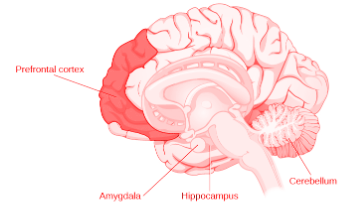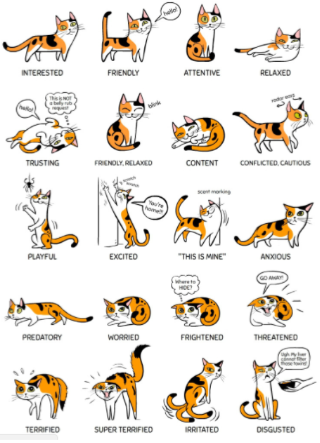Memory… How Does It Work?
October 17, 2019
Ever wonder how memory works? Everyone uses their memory functions everyday, even if they seem to be doing nothing. Memory is a confusing process. Your brain uses many parts to remember. There are 4 main parts of the brain that are used to store memories. The Prefrontal Cortex holds mostly planning memories, daily tasks, behaviors, and manners. The second part that is used to store memories is the Amygdala. The Amygdala holds bad memories, including fear, anger, and aggression. The Hippocampus is another part of your brain that stores memories. The Hippocampus stores new information. The main and most important info. The last part is the Cerebellum. The Cerebellum is the part that contains muscle memory, posture, balance, speech, and coordination. These parts are vital to memory. Without this, you wouldn’t be able to do simple things like breathe, talk, or stand.

Your brain doesn’t only process new information. It also gets rid of old information. Your brain only processes the important information it encounters. If you lose your homework, your brain only remembers that you lost your homework, because it’s the main problem, but not always where you left it. Wouldn’t it be amazing to be able to search the brain like Google, to find and remember a memory? Unfortunately, that isn’t how the brain works.
Another interesting brain phenomenon is deja vu, which is when something that is happening sparks a past memory. The literal meaning of deja vu is
‘already seen’ in French. For instance, you may have a favorite ice cream shop. Let’s say you’re getting chocolate chip cookie dough, and it reminds you of another time you went to that ice cream shop. This would be an example of deja vu.

Although your brain remembers well, it has to process too. Your brain processes about 100,000 pieces of information per day, and every five words takes about 6.5 milliseconds to process. So next time you think, “Why can’t I remember things?!”, don’t forget that your brain is hard at work every millisecond to keep you at peak performance everyday. Give your brain a break!
Works Cited
Learning, Lumen. “Introduction to Psychology.” Lumen, courses.lumenlearning.com/wsu-sandbox/chapter/parts-of-the-brain-involved-with-memory/.














